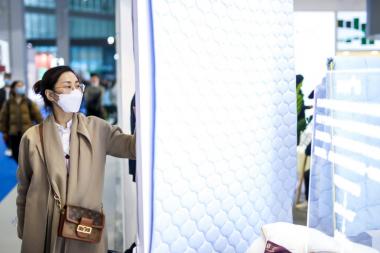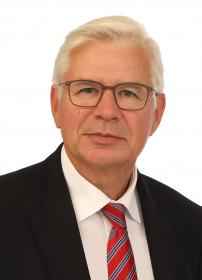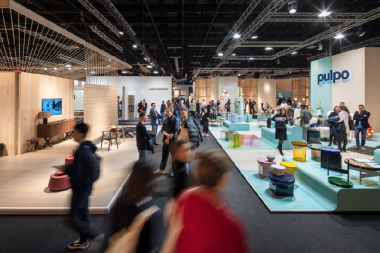Intertextile Shanghai Home Textiles confirms August 2023
With many trade fairs restarting their event schedules worldwide, and China notably relaxing border restrictions for travellers entering the country, global industry players are looking forward to the return of the Asian home textile show.
The Autumn Edition, which is more targeted towards international participants, will take place at the National Exhibition and Convention Center (Shanghai) from 16 – 18 August 2023. Due to easing travel restrictions and the promising home textiles market, the organisers expect to welcome more overseas exhibitors and visitors to the upcoming show.
With China’s reopened borders the latest step in the global home textiles industry getting back on track, international suppliers have been actively seeking ways to reinvigorate business growth stunted by the pandemic, and participating in reputable trade fairs is a common choice.
According to TexPro, the global home textiles market is expected to grow at an annual rate of 3.5% between 2020 and 2025, with the market size to reach over USD 151 billion by the end of the forecast period. Regionally, China is expected to remain the world’s largest home textiles market with a share of over 28%.
As an important sector for the home textiles industry and the global economy in general, China has announced several policies to facilitate business and trading activities that involve foreign companies. One of the most important is the ease of the travel regulations when entering the country.
735 exhibitors and over 20,000 buyers joined the previous edition, and participants can expect a comprehensive platform in autumn. The fair will comprise a wide range of home textile products, including bedding & towelling, rugs, table & kitchen linen, upholstery & curtain fabrics, editors, home textile technologies and textile design. Intertextile Shanghai Home Textiles – Autumn Edition is organised by Messe Frankfurt (HK) Ltd; the Sub-Council of Textile Industry, CCPIT; and the China Home Textile Association (CHTA).
Messe Frankfurt HK, Ltd.




































